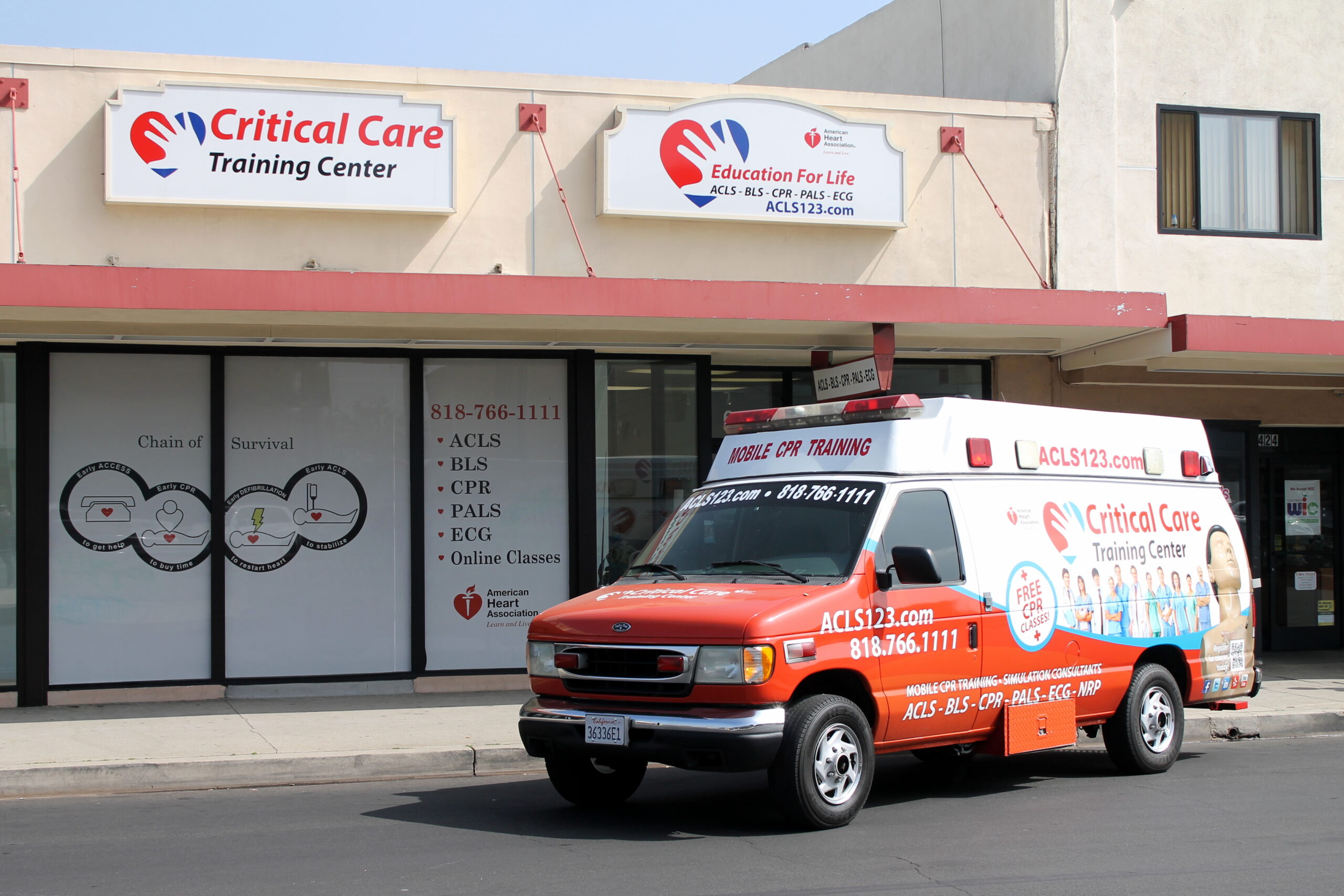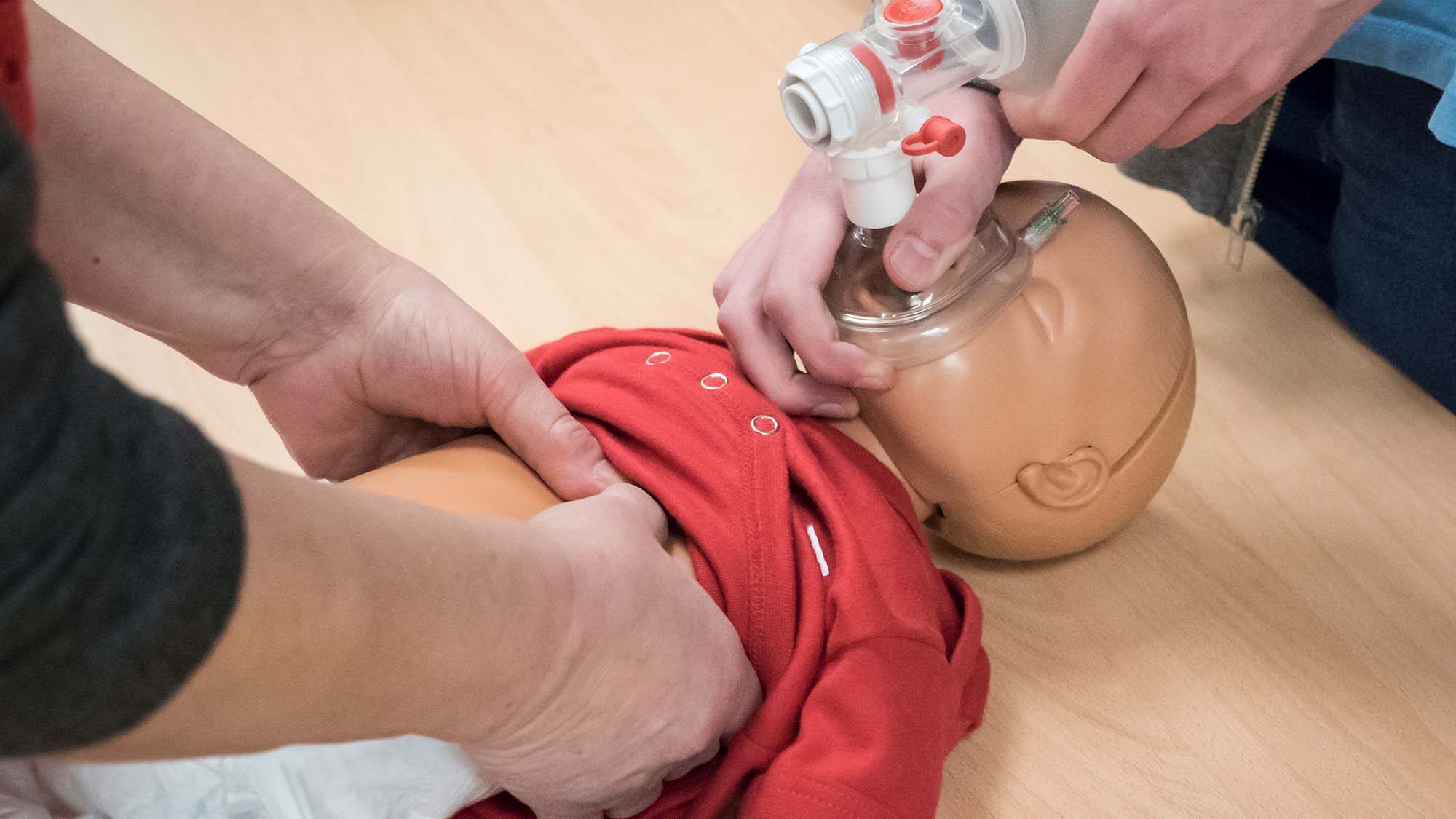Serotonin syndrome is a potentially life threatening drug reaction that causes the body to have too much serotonin, a chemical produced by nerve cells.
Cause
Serotonin syndrome most often occurs when two drugs that affect the body’s level of serotonin are taken together at the same time. The drugs cause too much serotonin to be released or to remain in the brain area.
For example, you can develop this syndrome if you take migraine medicines called triptans together with antidepressants called selective serotonin reuptake inhibitors (SSRIs) and selective serotonin/norepinephrine reuptake inhibitors (SSNRIs). Popular SSRI’s include Celexa, Zoloft, Prozac, Zoloft, Paxil, and Lexapro. SNRI’s include Cymbalta and Effexor. Brand names of triptans include Imitrex, Zomig, Frova, Maxalt, Axert, Amerge, and Relpax.
Syndrome
Symptoms occur within minutes to hours, and may include:
- Agitation or restlessness
- Diarrhea
- Fast heart beat and high blood pressure
- Hallucinations
- Increased body temperature
- Loss of coordination
- Nausea
- Overactive reflexes
- Rapid changes in blood pressure
- Vomiting
Signs and Symptoms
The diagnosis is usually made by asking questions about your medical history, including the types of drugs you take.
To be diagnosed with serotonin syndrome, you must have been taking a drug that changes the body’s serotonin levels (serotonergic drug) and have at least three of the following signs or symptoms:
- Agitation
- Diarrhea
- Heavy sweating not due to activity
- Fever
- Mental status changes such as confusion or hypomania
- Muscle spasms (myoclonus)
- Overactive reflexes (hyperreflexia)
- Shivering
- Tremor
- Uncoordinated movements (ataxia)
Serotonin syndrome is not diagnosed until all other possible causes have been ruled out, including infections, intoxications, metabolic and hormone problems, and drug withdrawal. Some symptoms of serotonin syndrome can mimic those due to an overdose of cocaine, lithium, or an MAOI.
If you have just start taking or increased the dosage of a tranquilizer (neuroleptic drug), other conditions such as neuroleptic malignant syndrome will be considered.
Treatment
Patients with serotonin syndrome should stay in the hospital for at least 24 hours for close observation.
Treatment may include:
- Benzodiazepines such as diazepam (Valium) or lorazepam (Ativan) to decrease agitation, seizure-like movements, and muscle stiffness
- Cyproheptadine (Periactin), a drug that blocks serotonin production
- Fluids by IV
- Withdrawal of medicines that caused the syndrome
- In life-threatening cases, medicines that keep your muscles still (paralyze them) and a temporary breathing tube and breathing machine will be needed to prevent further muscle damage.
Prevention
Always tell all of your healthcare providers what medicines you take. Patients who take triptans with SSRIs or SNRIs should be closely followed, especially right after starting a medicine or increasing its dosage.









